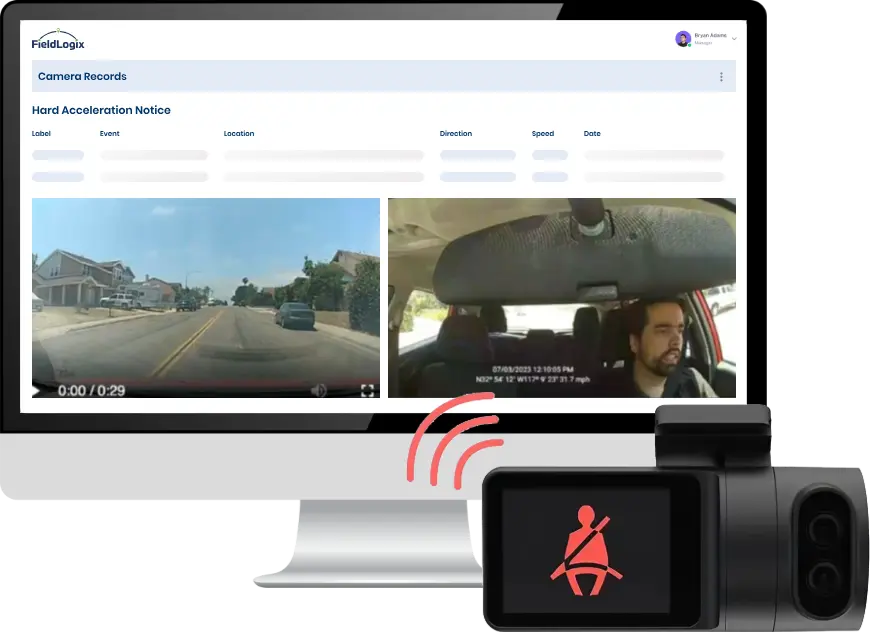Leaked FAA Report Says LightSquared Network Will Kill 794 People
A report about the effects of LightSquared’s proposed network was supposedly leaked from the Federal Aviation Administration (FAA) this week, according to a report from PC Mag. The effects of LightSquared deployment would be far-reaching and potentially devastating to aviation.
The “estimated loss of life from 2014 to 2023 as a result of LightSquared impacts to GPS during a period when the nation’s aircraft were retrofitted to accommodate the LightSquared signals would include 794 deaths, with a value of life totaling $4.9 billion,” the report states.
The FAA’s Navigation Services division also said there will be over $72 billion in additional costs to U.S. taxpayers if the LightSquared LTE system is implemented. The FAA report called that estimates conservative, and it did not include injuries or property loss.
The FAA’s report, dated Jul 12, said the LightSquared network would interfere with the GPS systems that US aviation depends on everyday. The Federal Aviation Administration says even a revised proposal from LightSquared to launch a national wireless broadband network will interfere with global positioning systems critical to aviation.
“Proposed LightSquared operations would severely impact the efficiency and modernization of the safest, most efficient aerospace system in the world. After the LightSquared network is deployed, GPS systems are expected to be unavailable for planned aviation use over the whole of the continental U.S. based upon FAA analysis and tests, ” the report concludes.








